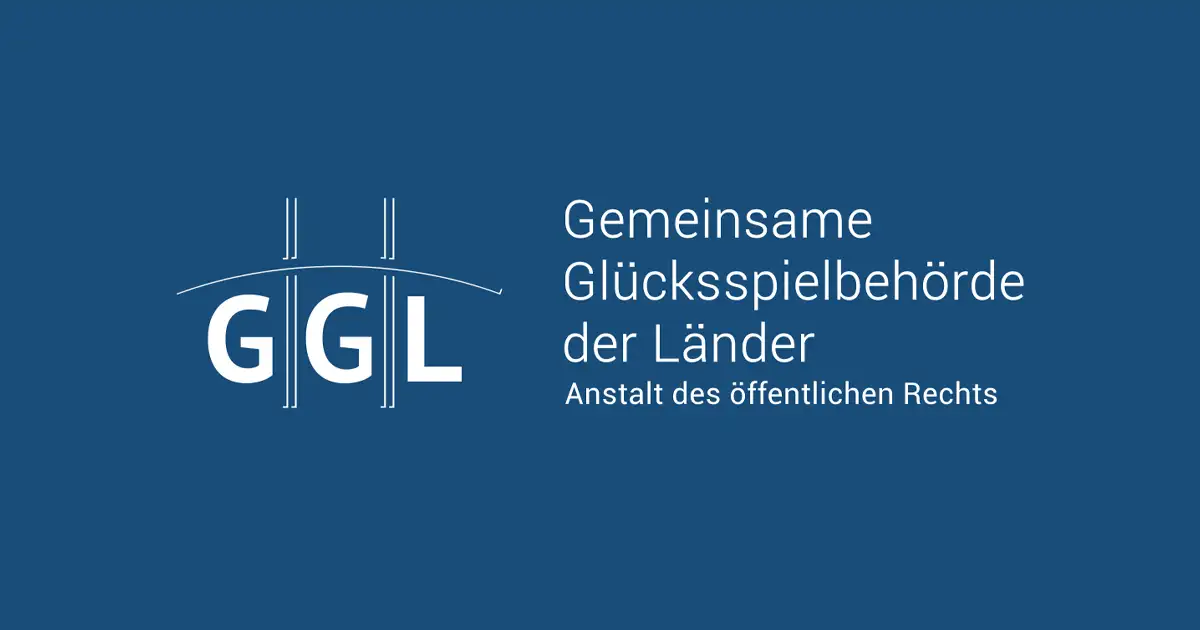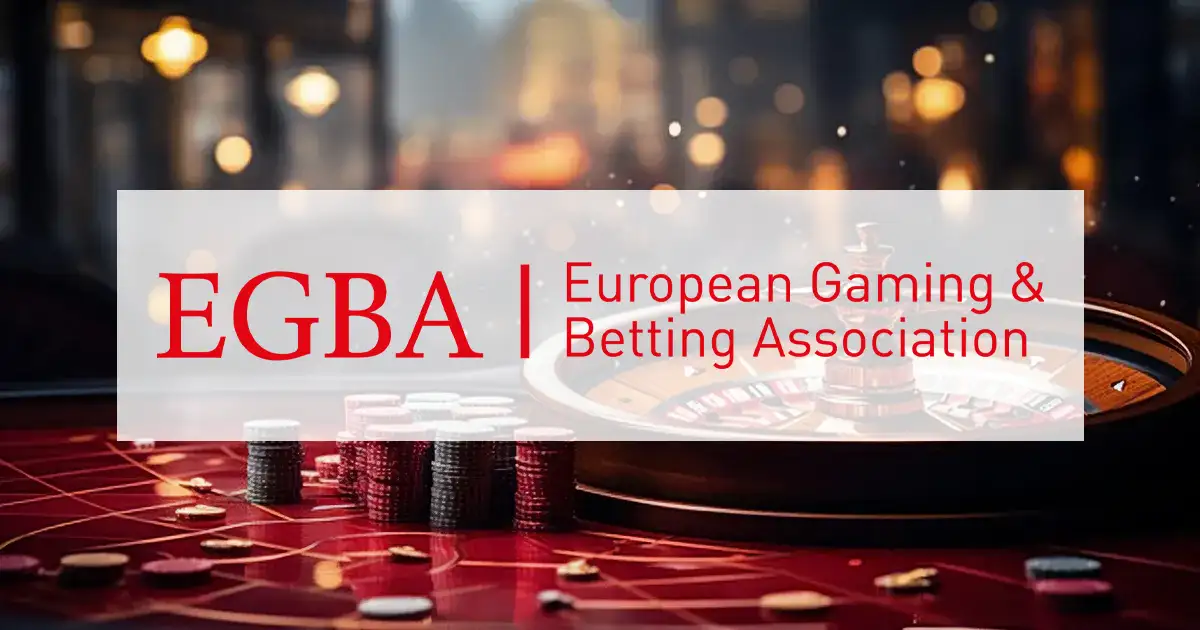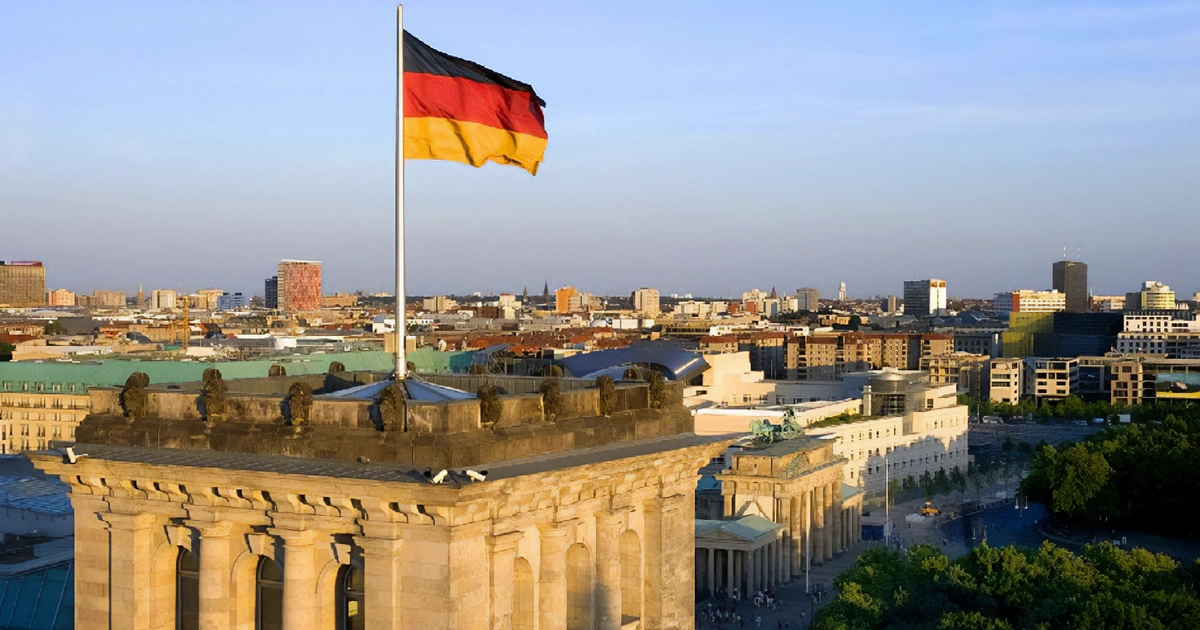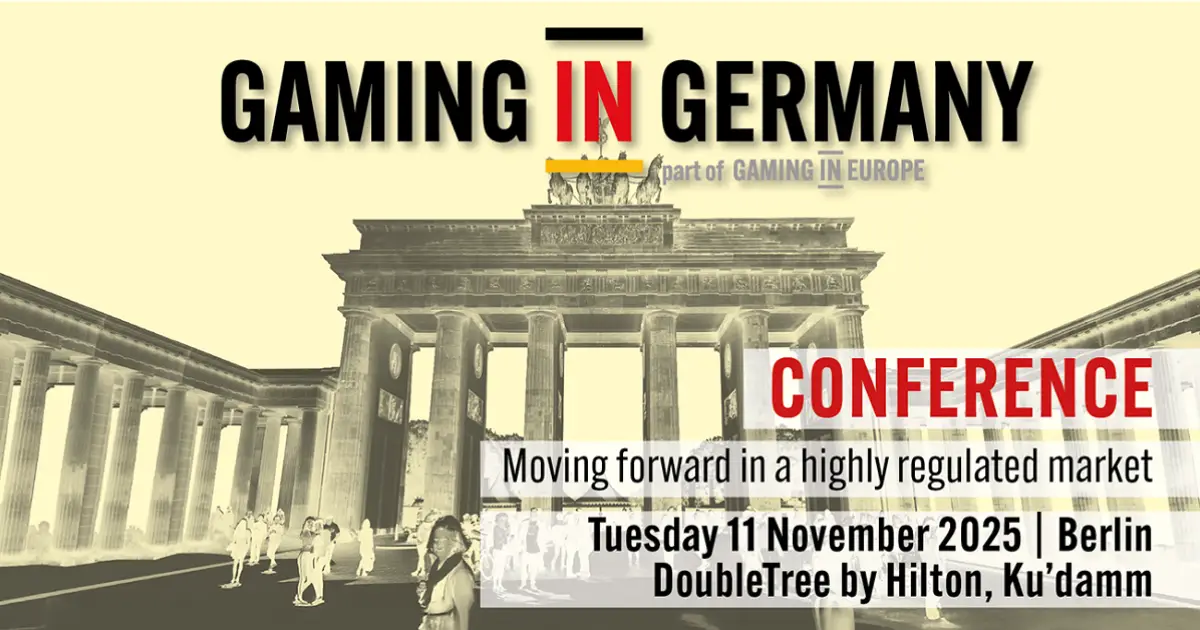The GGL demands more effort from legal sites
The fight against illegal online gambling in Germany has become one of the main challenges facing the gambling industry. Faced with an underground market that continues to thrive despite strict regulation, the Gemeinsame Glücksspielbehörde der Länder (GGL) is stepping up its calls for action and urging legal players to step up their involvement.






